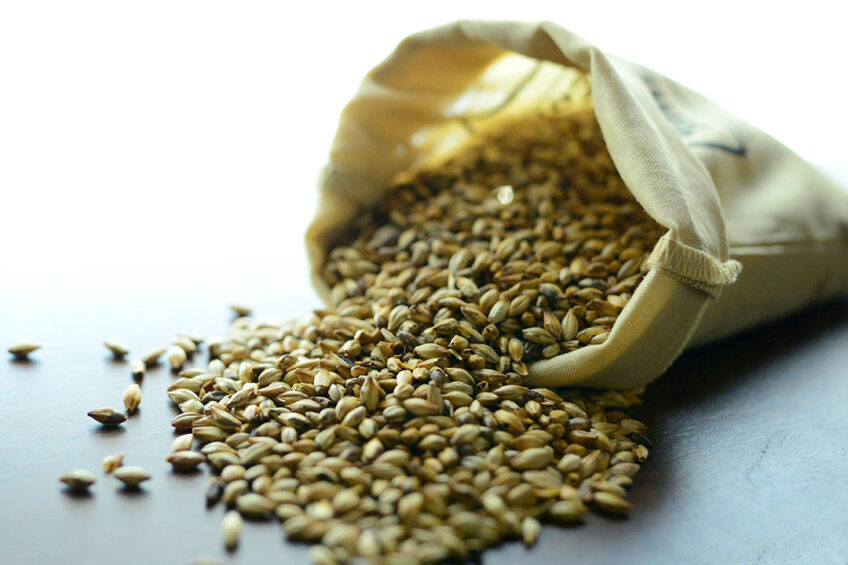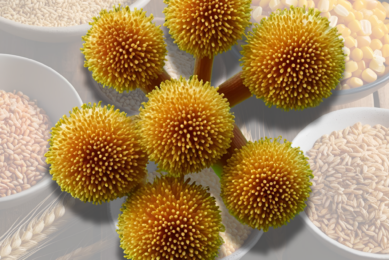Plasma treatment reduces mycotoxins in grains

Treating wheat and barley grains with atmospheric cold plasma has been found to reduce mycotoxin levels and boost seed germination.
Canadian researchers have shown that by using a relatively low temperature version of the typically superheated matter they were able to lower levels of harmful toxins caused by fungi that thrive in warm, humid conditions.
We need to find better methods of decontamination
Lead researcher Ehsan Feizollahi, from the Faculty of Agricultural, Life and Environmental Sciences at the University of Alberta, said the discovery could provide the food processing and livestock feed industries with more effective and efficient ways to process grains that were safe for consumption. Mycotoxins pose threats to both livestock and human health.
Feizollahi said because mycotoxins resist high temperatures, removing them from grains was challenging: “There is no effective method currently available for reducing mycotoxins on grain,” adding that common food processing practices such as roasting, baking and frying may only partially remove them: “We need to find better methods of decontamination.”
He created 2 forms of the plasma:
- as an ionized gas
- as liquid
And then used them to treat barley and wheat grains infected with two mycotoxins that are particularly troublesome across Canada and the globe – zearalenone and deoxynivalenol.
Toxins lower by 54%
Using the plasma to decontaminate the grains lowered the levels of the 2 toxins by 54%, which Professor M.S. Roopesh, who supervised Feizollai’s work, described as a promising start.
Producing less grain waste
“With optimisation for the conditions, figuring in factors such as the type of plasma, treatment conditionals and treatment time, we could achieve much more than 54%. Ultimately, that means farmers could use more of their grain, so there’s less waste, and from the health point of view, humans and animals can consume the grain and not be affected by mycotoxins,” added Roopesh.
Treatment: Short & sustainable
The researchers also found that the treatment processes they used took only a short time, ranging from a minute to an hour, potentially increasing efficiency for the food processing industry. The treatments are also environmentally sustainable.
Roopesh said: “Making the cold plasma in gas form only requires air and electricity required for the process can be drawn from renewable sources. Nor does cold plasma leave residues on the grain, which eliminates the need for chemical sanitisers currently required in food processing. The plasma is highly unstable so the reactive species in plasma disappear over the time when the plasma generation is stopped.
Boost to grain germination
A plasma stepping technology that was developed could also be a key improvement for the malting barley industry as the cold plasma treatment gave a boost to the grain germination. Steeping the barley in plasma-activated water lowered levels of deoxynivalenol in the grain. It also improved seed generation by between 10-13% by changing its surface properties, leading to better water absorption, which can boost germination rates.
The technology is open to licensing through the University of Alberta with the next steps involving more experiments to scale it up for use in the industry. Further work is taking place t explore how to scale up the cold plasma methods for using in reducing microbial contamination in food and water that can cause illnesses from bacterial pathogens like E.coli and Salmonella.











